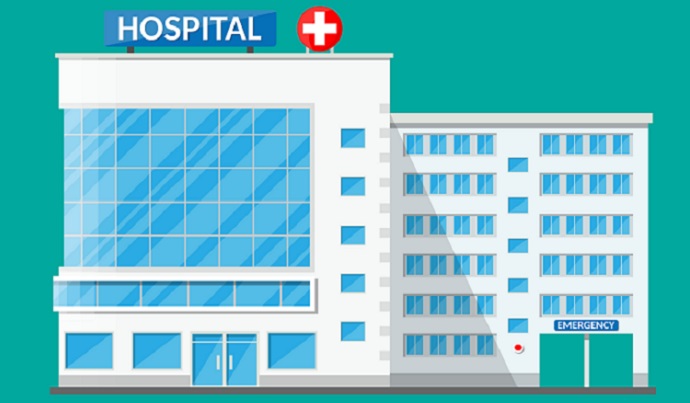72% of Metro Areas Have Highly Concentrated Hospital Markets
More metropolitan areas across the country have highly concentrated hospital markets compared to 2012, raising concerns about hospital prices, HCCI reports.

Source: Thinkstock
- A majority of metropolitan areas have highly concentrated hospital markets, and most of those areas saw the level of market concentration increase since 2012, according to a new report from the Health Care Cost Institute (HCCI).
As part of its Healthy Marketplace Index initiative, HCCI analyzed over 4 million inpatient hospital claims in 112 metropolitan areas from 2012 and 2016 and found that 72 percent, or 81 of the metropolitan areas, had hospital markets that could qualify as highly concentrated by the Department of Justice.
The percentage of hospital markets considered highly or very highly concentrated also increased from 67 percent in 2012. Increases in concentration levels were widespread, with over two-thirds of hospital markets experiencing greater concentration over time, researchers added.
“Our findings add to the growing consensus that most localities have highly concentrated hospital markets, and this is becoming increasingly true over time,” Bill Johnson, PhD, senior researcher at HCCI and an author of the report, said in a press release.
A multitude of factors could have driven increased concentration in the metropolitan areas studied, such as hospital closures, changes in hospital capacity, mergers and acquisitions, patient preferences, or changes in insurance networks, Johnson continued.
HCCI cannot say for sure which factor contributed to greater hospital market concentration in a metropolitan area. But hospital mergers and acquisitions were a likely cause, the data showed.
Hospitals and health systems have recently ramped up their merger and acquisition activity, engaging in 680 deals in just this decade, according to cited research from E.J. Barone University Professor of Economics Martin Gaynor.
Organizations are seeking merger and acquisition deals to leverage increased scale, improve care quality, and reduce costs. The deals are also helping some organizations create a care continuum for value-based care success.
However, a growing body of literature is showing that hospital mergers and acquisitions increase prices, leading to higher costs for payers, patients, and the healthcare system, HCCI reported.
One of those studies published in The Quarterly Journal of Economics earlier this year found hospital market structure to be strongly associated with price levels. Prices at monopoly hospitals, for example, were 12 percent higher than those in markets with four or more rivals, the study showed.
The American Hospital Association (AHA) recently refuted claims hospital mergers and acquisitions increase costs with their own analysis. Their examination of acquired hospitals found that mergers and acquisitions lowered annual operating expenses and revenues per admission, as well as improved quality performance.
HCCI, however, found a positive relationship between changes in hospital market concentration and changes in the inpatient price index, especially in markets that experienced a merger or acquisition during the period.
Metropolitan areas in which hospital markets became increasingly concentrated were more likely to also have seen larger increases in their inpatient prices, and vice versa, HCCI reported.
Researchers could not prove that inpatient prices increased because of hospital market consolidation. However, HCCI still observed a positive relationship between inpatient prices and market concentration when researchers limited the metropolitan areas to ones that underwent at least one hospital system with both an acquiring and an acquired hospital in 2013 or 2014.
The finding suggests that increases in market concentration in those metropolitan areas is “plausibly related to hospital mergers coincided with increases in prices,” the report stated.
“Increasingly concentrated hospital markets have been linked to the rising cost of hospital care by nearly every expert in the field,” Niall Brennan, president and CEO of HCCI, said in a press release. “This report provides a comprehensive look at concentration levels in hospital markets across the country, allowing users to intuitively explore the data to understand how their market uniquely compares.”
